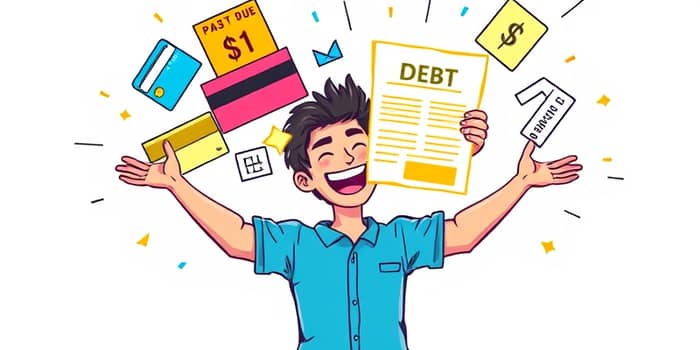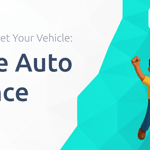
Many consumers find themselves juggling multiple debts—credit cards, medical bills, personal lines of credit—each demanding its own payment and accumulating interest at different rates. Managing this complexity can feel overwhelming, leading to missed payments and mounting stress. However, debt consolidation loans offer a powerful solution: they let borrowers combine several unsecured debts into a single personal loan with one monthly payment and often a lower interest rate.
In this article, we explore how debt consolidation works, the key benefits of consolidating debt, and the top lenders in 2025 offering some of the lowest rates and most flexible terms. Whether you carry $5,000 or $50,000 in unsecured balances, understanding your options can put you on a clear path to becoming debt-free.
Debt consolidation loans are unsecured personal loans used to pay off existing debts such as credit cards, payday loans, or medical expenses. Once approved, borrowers receive a lump-sum payment that is applied directly to outstanding accounts or disbursed to the borrower for repayment.
This strategy replaces multiple payments—each with its own due date and APR—with one streamlined installment. Most consolidation loans feature fixed interest rates that remain unchanged for the life of the loan, shielding borrowers from rising credit card rates.
When executed thoughtfully, debt consolidation can transform a chaotic payment schedule into a manageable plan and unlock significant savings.
Not all personal loans are created equal. To secure the best deal, evaluate lenders based on:
Below is a comparison of leading lenders, their APR ranges, loan sizes, terms, and standout features.
Consider a borrower with $10,000 in credit card debt at a 29% APR. The monthly payment under that rate would be about $419 over three years, resulting in $5,086 in interest paid. By consolidating into a 12% APR personal loan, the payment drops to $332 monthly, and total interest falls to $1,957.
The result is over $3,000 saved in interest—money that can be redirected toward an emergency fund or future investments.
While personal loans suit many, alternative options may fit your situation:
Does prequalification affect my credit score? No. Most lenders use a soft pull for rate shopping, leaving your score untouched.
Can I consolidate student loans? No. Federal student loans require separate consolidation under Department of Education programs.
What if I have bad credit? You may qualify with higher rates or need a cosigner. Platforms like Upstart use alternative data to extend offers.
Are there hidden fees? Watch for origination, late payment, or prepayment penalties. Always read the fine print before signing.
Debt consolidation is more than a financial maneuver—it can be a lifeline that restores confidence, simplifies finances, and brings you closer to long-term goals. By comparing rates, fees, and lender features, you can select a loan that aligns with your budget and timeline.
Take advantage of prequalification tools, build a budget, and commit to on-time payments. With the right lender and a firm plan, you’ll be on your way to sustainable financial freedom and a future unburdened by high-interest debt.
References













